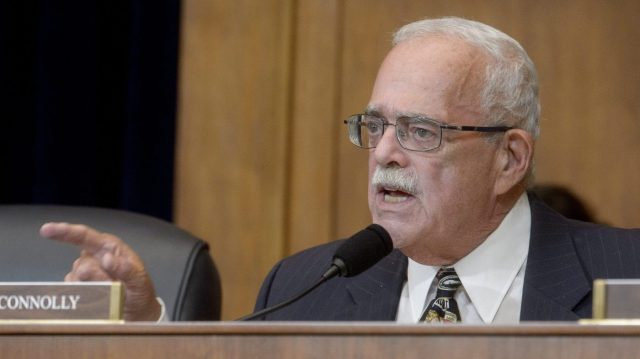Health Concerns Prompt Connolly's Unexpected Exit from Oversight Committee Leadership

In a deeply personal announcement, Rep. Gerry Connolly (D-Va.) revealed on Monday that he will be stepping down from his prominent leadership role on the Oversight and Government Reform Committee. The congressman's decision comes as he faces a challenging battle with the recurrence of esophageal cancer, demonstrating remarkable courage in the face of personal health struggles.
Connolly's decision to step back from the committee leadership reflects both his ongoing medical treatment and his commitment to maintaining transparency with his constituents and colleagues. The veteran lawmaker has been known for his dedicated service and resilience, qualities that continue to shine through even as he confronts this difficult health challenge.
While the details of his medical journey remain private, Connolly's openness about his condition serves as an inspiration to many who face similar health battles. His announcement underscores the importance of prioritizing personal health while maintaining a commitment to public service.
